In 1965, five days before he died in London, US ambassador to the UN Adlai Stevenson said this to the United Nations:
We travel together, passengers on a little space ship, dependent on its vulnerable reserves of air and soil; all committed for our safety to its security and peace; preserved from annihilation only by the care, the work, and, I will say, the love we give our fragile craft. We cannot maintain it half fortunate, half miserable, half confident, half despairing, half slave—to the ancient enemies of man—half free in a liberation of resources undreamed of until this day. No craft, no crew can travel safely with such vast contradictions. On their resolution depends the survival of us all.
If you want to listen to him say it, click through this to YouTube.
This episode is broadly about the concept of earth as a space ship. By extension, it is about the systems of the ship that prevent death by exposure to space. A way to start thinking about this concept is biodiversity:
Biodiversity can be measured. But first, measurement of the word’s popularity over time is also interesting, the peak was 2000:
Anyway, why should we care about the variety of animal and plant life? Consider that these organisms partly provide and maintain the life support systems of the space ship you were born on. And that our lazy space agencies/billionaires have yet to determine how to reliably take you somewhere else:
The UK government has finally caught onto the significance of avoiding death by maintaining the systems of our space ship. Namely, a couple of months ago it became law to cause a 10% gain in biodiversity for any development of 10+ buildings. A month ago this became law for smaller developments also. End of November next year, large developments of national significance will be held to the same standard.
As such, a niche for biodiversity net gain measurement has emerged. A company called Map Impact is seeking to dominate it. They have started by introducing a tool called Biodiversity View. This measures biodiversity units at your development site:
The company is gaining some traction, for example they recently featured on BBC Breakfast:
It was a pleasure to take their media coverage to the next level by featuring Nina Moiseeva, Senior Earth Observation Scientist, on the podcast:
It is not lost on me that this is the third graduate of Moscow State University to appear on the show. The others were CEO of Navigine Alexey Panyov and CEO of GISCarta Alex Korolev. It is interesting to observe the planet’s sources of excellence via this show.
If they were a public company, Map Impact would be in the Analytics sub index of The Geospatial Index. Amongst the components, Verisk is the winner over the past month:
THE GEOSPATIAL INDEX
The Geospatial Index is a comprehensive listing of all publicly traded geospatial businesses worldwide. Why? The industry is growing at ~10% annually. This varies significantly, however, by sub index. For only $58,000 to start, this growth rate is $5,000,000 over a working life. This channel, Bluesky account, newsletter, watchlist and podcast express the view that you are serious about geospatial if you take the view of an investor, venture capitalist or entrepreneur. You are expected to do your own research. This is not a replacement for that. This is not investment advice. Consider it entertainment.
NOT THE OPINION OF MY EMPLOYER
NOT YOUR FIDUCIARY
NOT INVESTMENT ADVICE
Bluesky: https://bsky.app/profile/geospatialindex.bsky.social
LinkedIn: https://uk.linkedin.com/in/geospatialindex
Watchlist: https://www.tradingview.com/watchlists/123254792/
Newsletter:
Podcast:

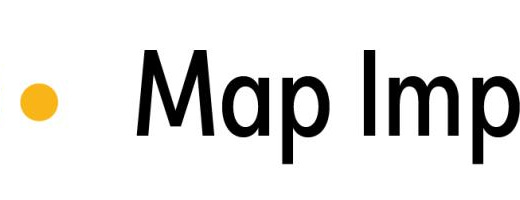



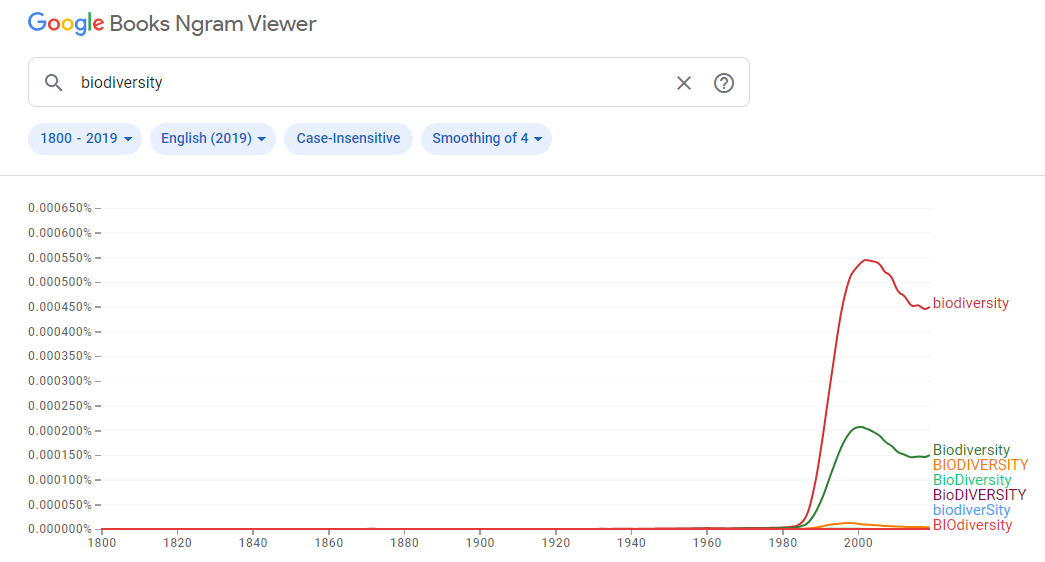



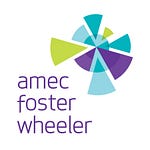

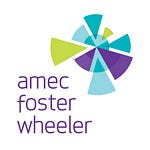
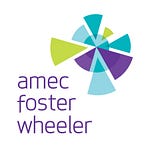
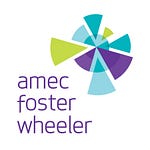
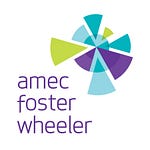
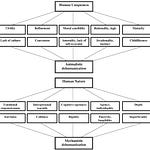

Share this post